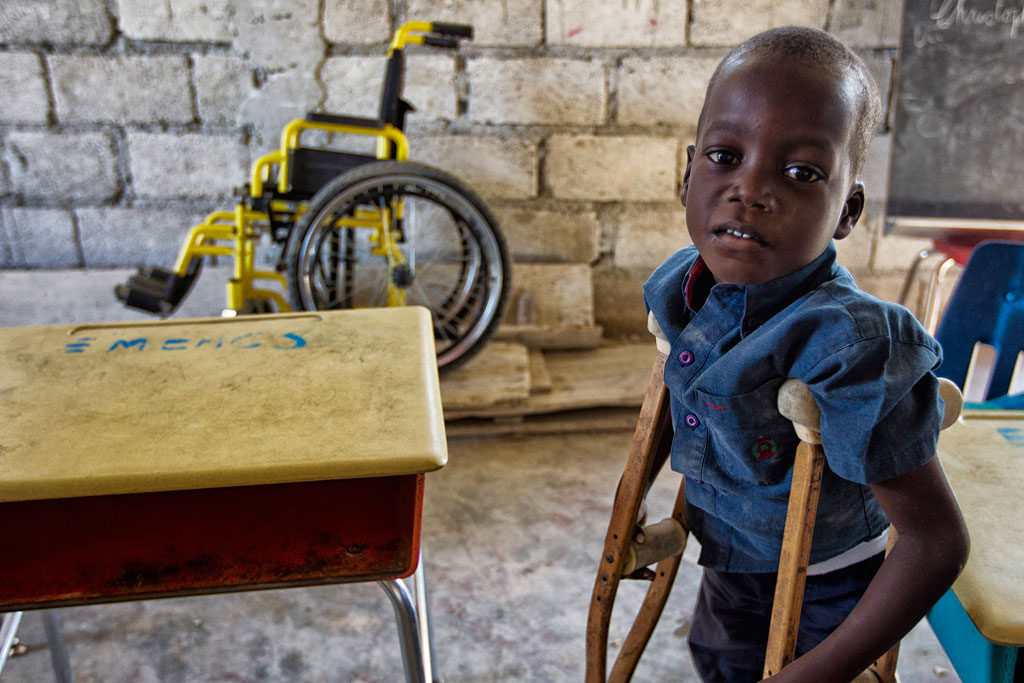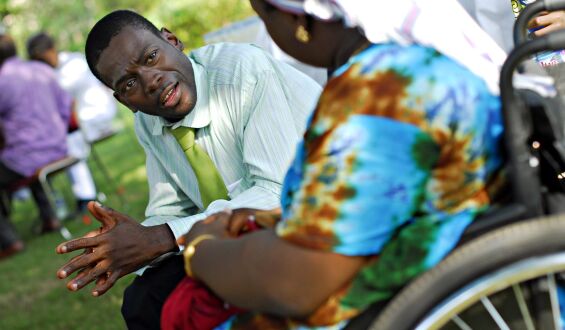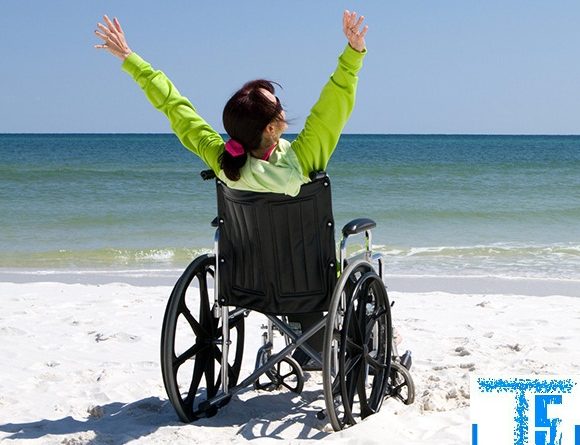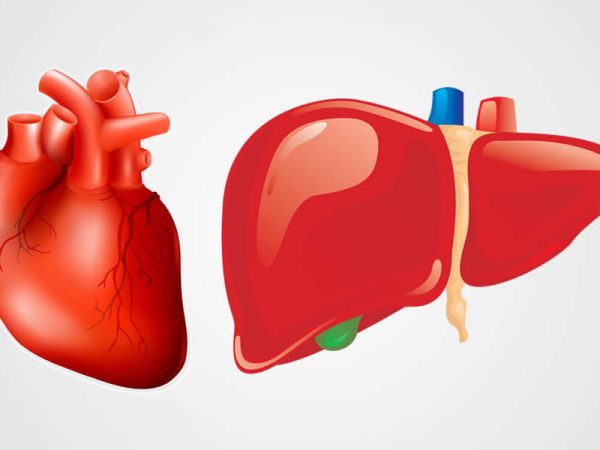Warning: Invalid argument supplied for foreach() in /home1/redcare1/public_html/wp-content/themes/uplift/swift-framework/content/sf-post-formats.php on line 89

Disability is an umbrella term for impairments, activity limitations, and participation restrictions. Disability is the interaction between individuals with a health condition (e.g. cerebral palsy) and personal/environmental factors e.g. inaccessible transportation and public buildings. This is a huge public health problem as over a billion people worldwide live with some form of disability.
Furthermore, disability has become prevalent in part due to aging populations and an increase in chronic health conditions. Disability is diverse; while some forms of disability result in poor health and extensive health needs, others do not. Regardless, people with disabilities also have rights like every human being, including access to good quality care.

(Photo by Allison Shelley for CBM)
Caring for a disabled person can be challenging – both physically and emotionally. The support of family, friends and community services is important. Little is done by society to alleviate the pains and difficulty experienced by a disabled person, especially in Africa. For example, there are hardly any leisure spots with disabled parking or public buildings with a ramp that enables wheelchair movement, to mention a few. On many occasions, many people have been stigmatized and maligned on account of disability.

Caring for a disabled person usually involves different health teams, depending on the condition. While some need a speech therapist, others may require a physiotherapist, and in some cases, both. Access to health workers and good facilities usually present problems, especially in rural areas and a lot more has to be done in this regard.
In order to ease the burden of disability and improve quality of life for disabled people, governments, health providers, patients and stakeholders all have a role to play as outlined below:
- Governments need to increase awareness of disability issues, and include disability as a component of national health policies and programs
- Promotion of strategies to ensure people with disabilities are knowledgeable about their own health conditions
- Integration of disability friendly curriculum into educational systems e.g. having classes in braille for blind students
- Businesses should focus more on tackling disability within their corporate social responsibility sphere
- Every person should be aware of the causes of disability, and take measures to protect against them, for example giving birth at an accredited hospital
- Individuals who are affected by a disability or with relatives with one should educate themselves about their conditions and on how to improve quality of life
- Governments and corporates should improve access to mainstream services and invest in specific programs for disabled people

Overall, a disability is not a death sentence. Living with one is challenging but with the help of a supportive environment, friends and family, any disabled person can live up to their maximum potential. People with disability can live and participate fully within the community. Moreover, quite a number of individuals with disabilities have become successful in numerous fields, contributed positively to society and the economy of their countries. Therefore, changing our mindset toward disability is the most important step in tackling the burden of disability in society.
- Umar Adegoke, MD



